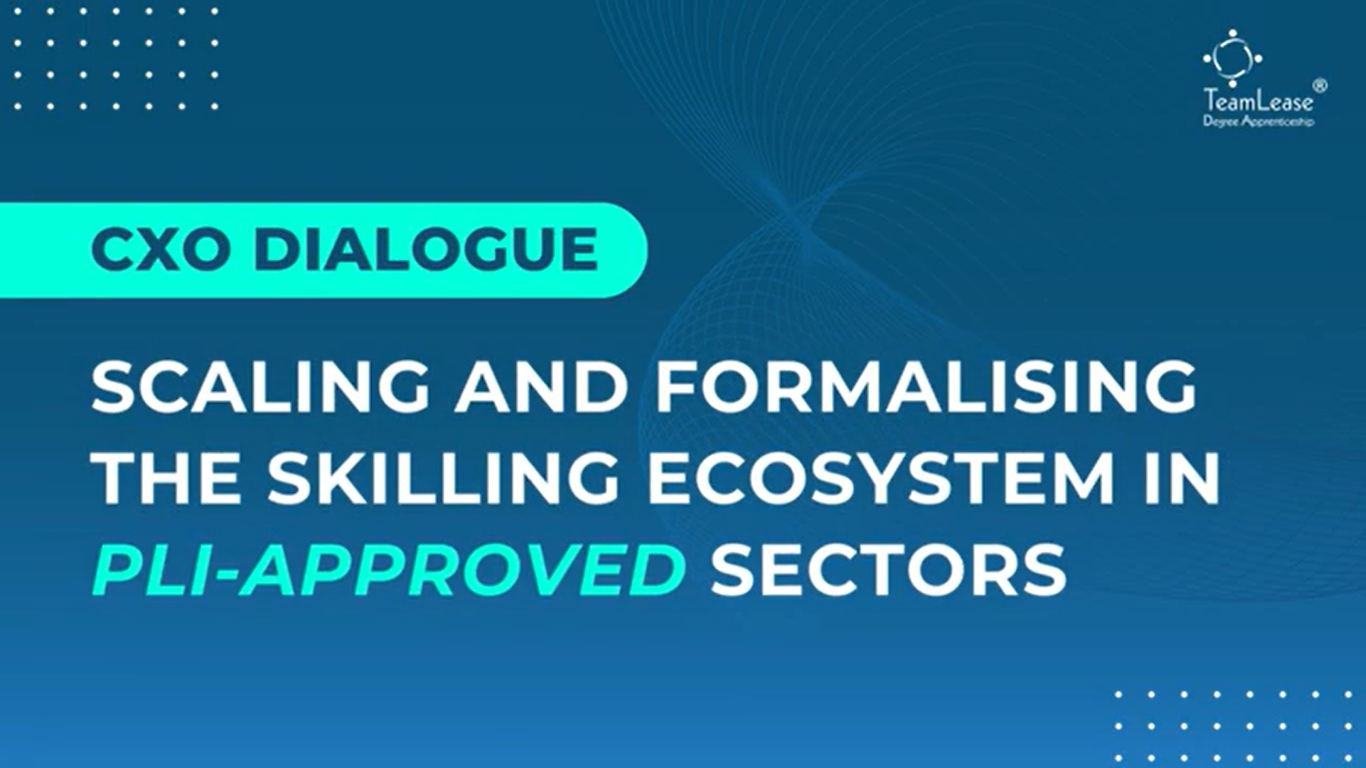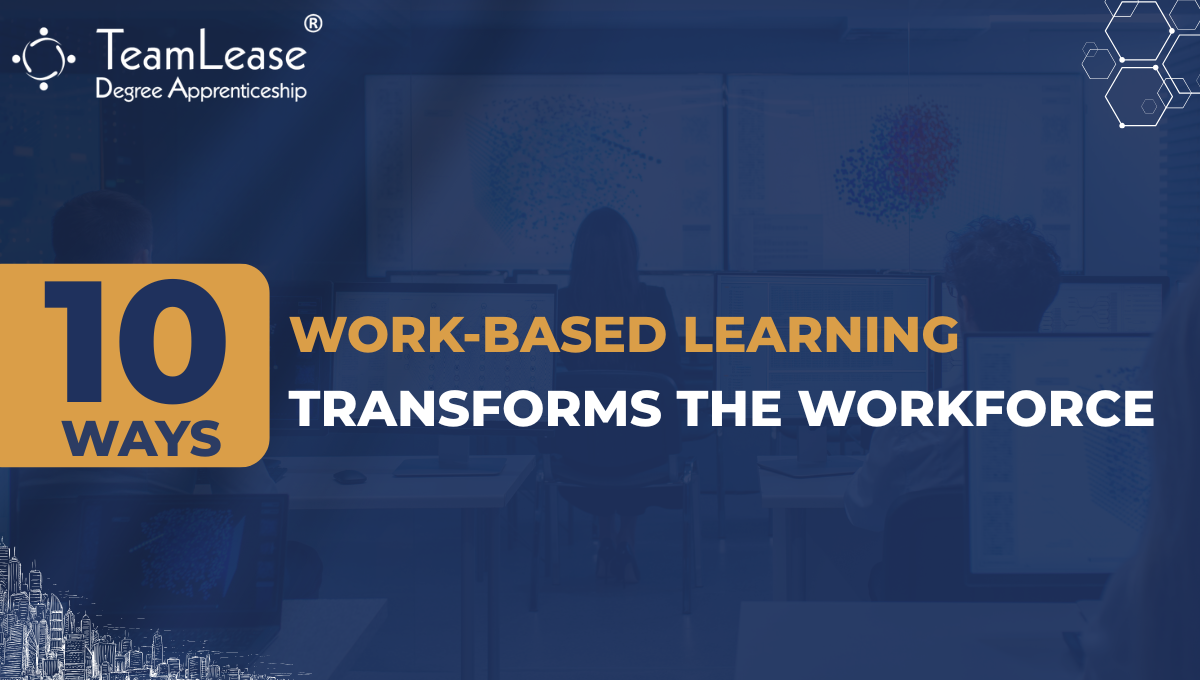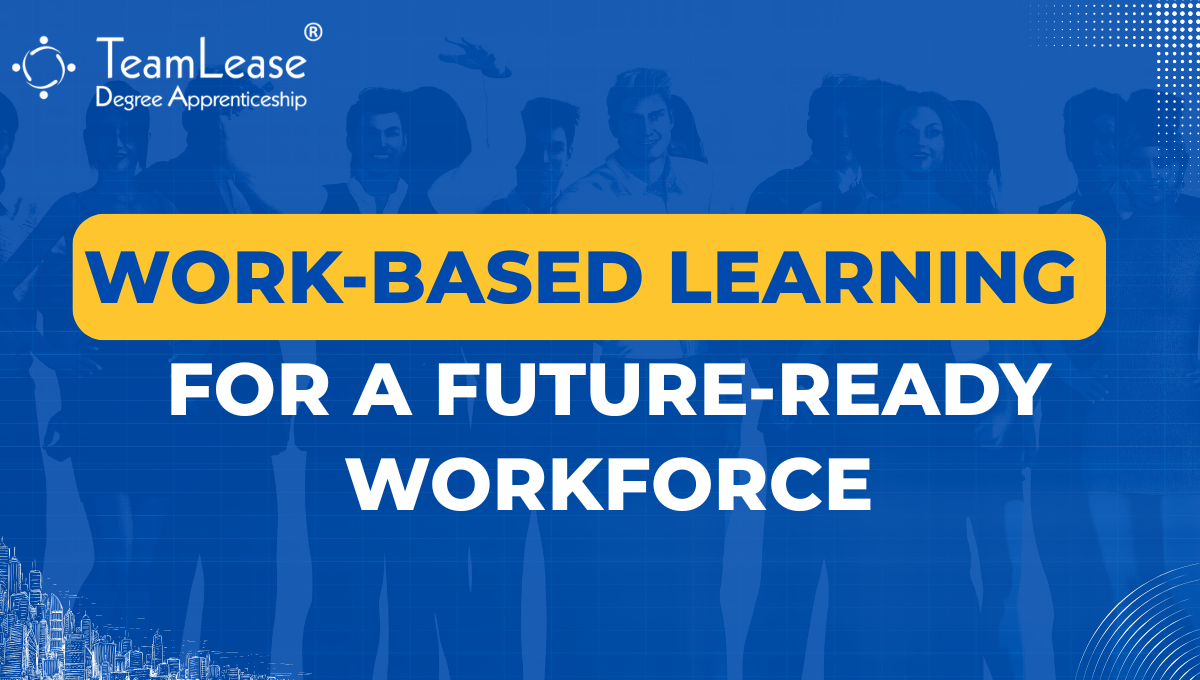The Production-Linked Incentive (PLI) scheme, introduced by the Government of India, is a strategic initiative designed to attract investments in critical sectors and enhance the competitiveness of Indian companies.
This scheme aims to improve efficiency and boost the market standing of various industries on an international scale.
To provide employers with a comprehensive understanding of the scheme's impact and its implications for workforce planning and development, we are hosting a series of discussions featuring leaders from different industries and government bodies.
Our latest CXO dialogue focused on "Scaling and Formalizing the Skilling Ecosystem for PLI-Approved Sectors," with a particular emphasis on the Automotive industry.
This insightful discussion featured our Chief Strategy Officer, Sumit Kumar, in conversation with Mr. Arindam Lahiri, CEO of the Automotive Skill Development Council of India.
The dialogue delved into numerous critical areas, starting with the innovative methods employers in the automotive industry need to adopt for effective workforce development. Mr. Lahiri highlighted the essential skills that will become increasingly crucial in the future, underscoring the significant demand for both new and existing skilled manpower. He pointed out the dual necessity for high-quality skilled workers entering the industry and the urgent need for upskilling and reskilling the current workforce.
When discussing the impact of the PLI scheme, Mr. Lahiri emphasized that while substantial capital investments are being made to build advanced production lines, the success of these investments heavily relies on having a well-trained workforce. Skilled training, through work-based learning programs like apprenticeships and degree apprenticeships, is thus a cornerstone of this scheme, as the operation of sophisticated machinery and production processes requires a high level of expertise.
Looking ahead, Mr. Arindam Lahiri touched on the future skills required across various domains of the automotive industry. He mentioned that future skills are integral not just to design and engineering but also to manufacturing, automotive retail, after-sales services, and even driving. Each of these areas is evolving rapidly, necessitating a workforce that is adept in cutting-edge technologies and practices.
The conversation also explored current trends related to the adoption of new programs aimed at enhancing the workforce to meet growing demands. This includes both the development of fresh talent and the continuous improvement of existing skills to keep pace with industry advancements. Mr. Lahiri shared insights into the current and projected skill demand within the automotive sector, covering both Original Equipment Manufacturers (OEMs) and component suppliers, over the next two to three years.
Watch the full conversation for detailed insights from Mr. Arindam Lahiri on the impact of the PLI Scheme in the Automotive Industry
The PLI scheme is not just a catalyst for financial investments but also a transformative force for workforce development in India. The dialogue with Mr. Lahiri highlighted the critical role of skill development in the automotive industry and the broader implications for sectors under the PLI scheme. By addressing the evolving needs of the industry, the scheme aims to create a robust, competitive, and future-ready workforce that can drive India's growth on the global stage.
Interested to know more about building a future-ready workforce through work-based learning programs? Talk to us



 Rules, 2025' 2.png)
No comments yet
Your Comment